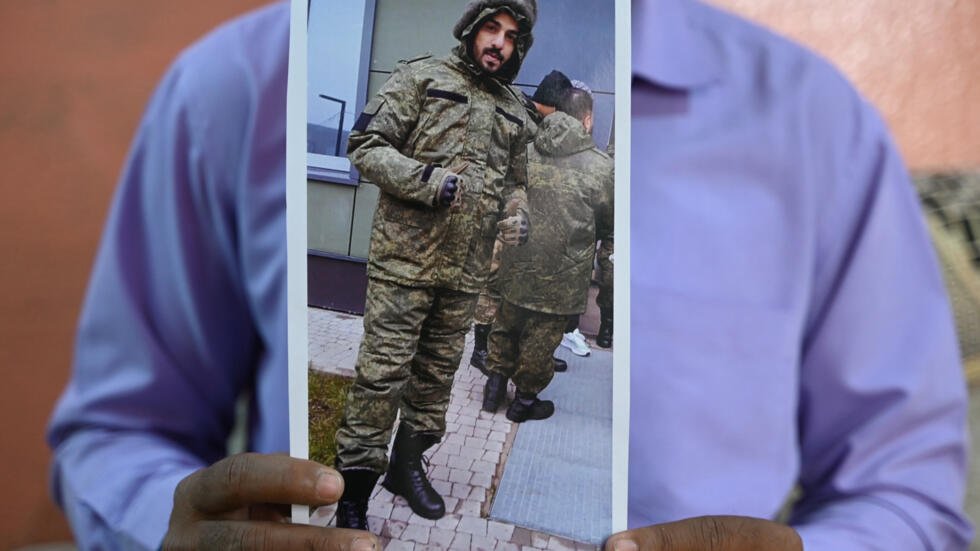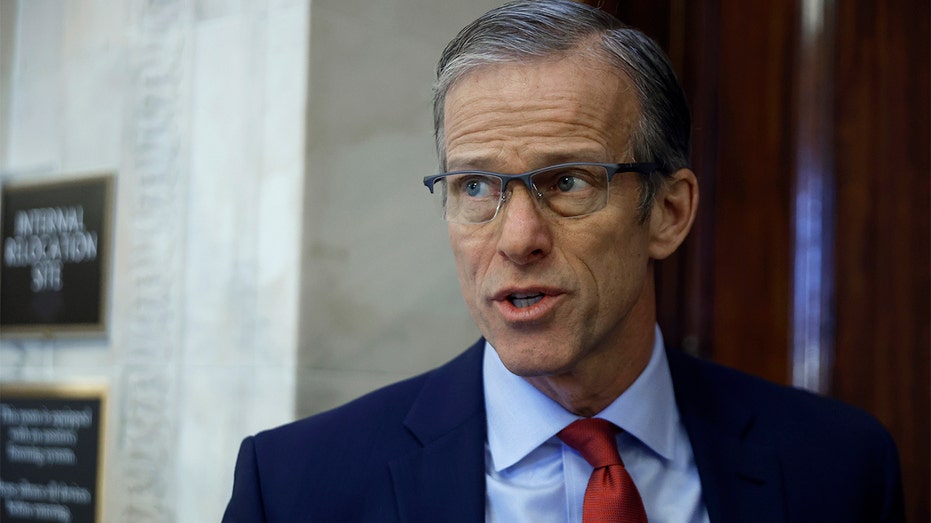Forbes: Russia hires mercenaries against Ukraine in at least 21 countries
According to Forbes Ukraine citing intelligence sources, Russia is recruiting mercenaries globally from at least 21 countries such as India, Cuba, Syria, and Serbia for its Ukraine invasion.


According to a report by Forbes Ukraine citing intelligence sources in Ukraine’s Main Directorate of Intelligence (HUR), Russia is engaged in an extensive global recruitment drive to enlist foreign mercenaries from at least 21 countries to fight in its ongoing war against Ukraine.
Desperate for more manpower after losing soldiers in Ukraine, Russia recruits foreign mercenaries or deceives foreign civilians into combat roles by promising well-paid non-combat positions. This recruitment drive extends globally, targeting economically challenged nations like Cuba, Nepal, and Central Asian countries, as part of Russia’s broader effort to bolster its forces.
Forbes states that Russian recruiters are primarily targeting migrants and students, utilizing databases of foreign nationals who previously sought employment consultations in Russia.
Among the countries mentioned by Forbes, India is included. In early March, Indian media reported two confirmed Indian fatalities among those recruited. Earlier, the Indian Central Bureau of Investigation announced the arrests of 35 individuals linked to human trafficking of Indians into Russia. At the diplomatic level, the Indian Ministry of External Affairs claims to be in constant communication with Russian authorities to secure the safe return of these individuals, but the repatriation reportedly does not happen.
The Forbes report also mentions Nepal suspending work permits for its citizens headed to Russia and Ukraine after at least 10 Nepalis died on the frontlines, with hundreds more either serving in Russian forces or missing. As of January, Nepal’s media outlet reported that at least 10 Nepalese nationals were killed as Russian mercenaries in Ukraine, with an estimated 200 Nepalis continuing to serve in various roles within the Russian Army. The Nepal government’s suspended the issuance of work permits for its citizens seeking employment in Russia and advised against risking lives in Russia’s war.
Beyond South Asia, Russia is recruiting mercenaries from Cuba, Venezuela, and various African nations like Burkina Faso, Mali, and the Central African Republic where the Wagner mercenary group maintains its military bases. The drive extends to North Africa except Morocco which has backed Ukraine.
In September and October 2023, passport details of some 200 Cubans who allegedly joined the Russian military were leaked online by a pro-Ukrainian OSINT group called Inform Napalm. Earlier, BBC reported Cuban authorities have issued conflicting statements, first claiming to arrest recruiters before the ambassador to Russia said Havana had no issue with Cubans legally signing contracts with the Russian military – contradicting the foreign minister’s stance against Cuban involvement.
In the Middle East, Forbes says, recruiters are active in Syria, Iraq, and Lebanon. Former Soviet republics like Uzbekistan, Tajikistan, and Azerbaijan are also targeted. Europe is not exempt, with Serbia and Moldova’s pro-Russian Gagauzia and Transnistria regions supplying mercenaries.
Last October, the Guardian reported that Russia was actively recruiting Serbs and plans to draft hundreds more, based on whistleblowers and leaked documents.
While Iran armed Russia with drones and weapons, it is not a source of mercenary recruits, according to the Forbes report.
The Forbes report notably doesn’t mention the Russian client state Belarus, and Angola, mentioned by a Ukrainian government-run website in 2023 as additional sources of mercenaries for Russia.
Read also:
- Russia recruited hundreds of Cubans to fight against Ukraine
- Indian victims of Russia’s job scams forced to fight against Ukraine, families desperate to return them
- Three more Nepalese mercenaries killed fighting for Russia against Ukraine
You could close this page. Or you could join our community and help us produce more materials like this.
We keep our reporting open and accessible to everyone because we believe in the power of free information. This is why our small, cost-effective team depends on the support of readers like you to bring deliver timely news, quality analysis, and on-the-ground reports about Russia's war against Ukraine and Ukraine's struggle to build a democratic society.
A little bit goes a long way: for as little as the cost of one cup of coffee a month, you can help build bridges between Ukraine and the rest of the world, plus become a co-creator and vote for topics we should cover next. Become a patron or see other ways to support.




